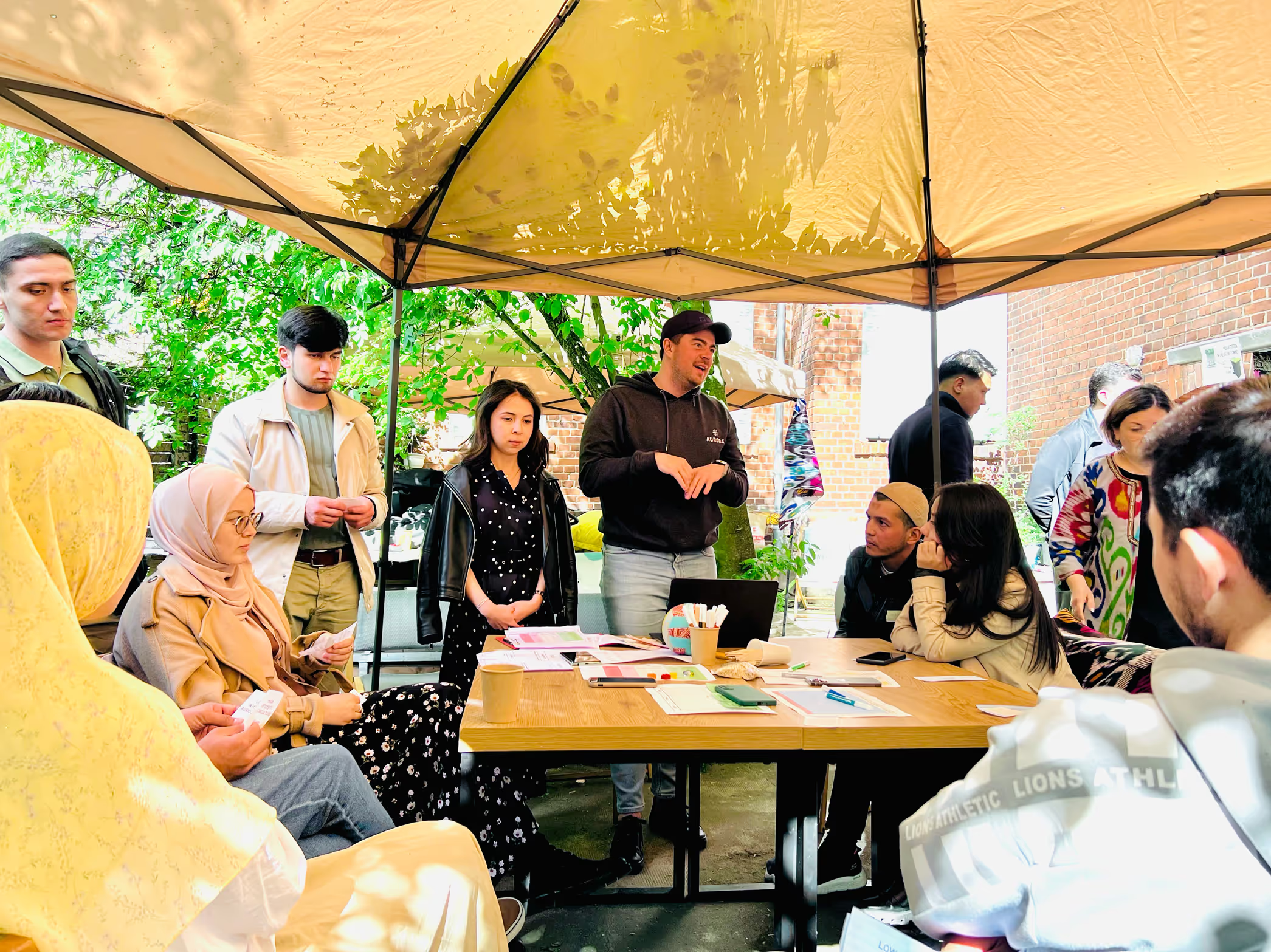Recruiting Players
In the PLANET4B project, PATHBREAK was initially piloted with a group of master’s-level students studying environmental policy and planning. The group brought a mix of disciplinary backgrounds, perspectives, and motivations, which enriched the gameplay and the reflections that followed. The players were familiar with sustainability issues, but had not all engaged with biodiversity decision-making in depth, making the game an effective entry point for critical discussion. The game was then played with a case study Learning Community, Urban Youth, which worked to involve young people in biodiversity decision-making in Germany.

Advice for recruiting players:
- Aim for diversity in background, experience, and confidence level. This creates richer dialogue and deeper learning.
- Emphasise that prior knowledge is not required
- Reach out through varied networks: university courses, local NGOs, youth organisations, community forums.
- Use clear, engaging descriptions in promotional materials—mention keywords such as “role‑play,” “decision-making,” “biodiversity,” and “creative game.”
- Provide logistical details early: session length, format (online/in‑person), location, and whether any materials or refreshments will be provided.
- Frame the invitation as an opportunity for collective exploration rather than training or assessment. That approach often resonates better with youth and community groups.
In this video Ilkhom Soliev describes how PATHBREAK was developed to ensure it is accessible and valuable for all participants:
Preparation for Game Play
Preparing to facilitate PATHBREAK requires a clear sense of what the game is intended to do in your specific context. Facilitators should take time to reflect on the purpose of the session: What kinds of conversations are you hoping to open? What shift in understanding or perspective might you want to support? Thinking through these questions early on can help shape how the game is introduced, paced, and reflected upon.
It is highly recommended to trial the game with a small group of colleagues or friends before running it in a formal setting. Doing so allows you to test the flow of the game, anticipate points of confusion, and identify any gaps in facilitation skills.
In this video Ilkhom Soliev outlines experiential learning in PATHBREAK and offers tips for preparing to facilitate a session:





















